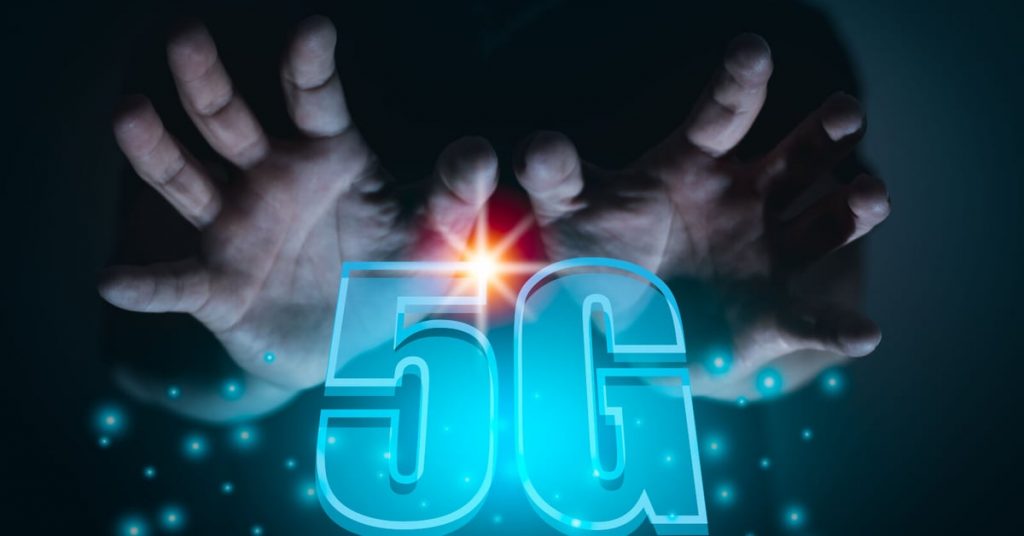
As 5G technology continues to roll out globally, its influence will reshape communication, healthcare, and infrastructure. What does this mean for you?
The advent of 5G technology promises to revolutionize our world in profound ways. It propels us into an era of faster data speeds, lower latency, and a surge in connectivity. What will this mean for various fields, such as healthcare and smart city developments? How will it reshape our daily lives and interactions?
5G, or fifth-generation wireless technology, moves beyond its predecessor, 4G, in several critical ways. It offers ten to a hundred times faster data download speeds, significantly reduced latency, and enhanced capacity for connecting devices. This technology uses higher frequency bands, allowing more data to be transmitted simultaneously. This places it at the heart of the coming digital revolution.
The implications of 5G technology extend far beyond just faster download speeds on smartphones. From enabling seamless video streaming to supporting the Internet of Things (IoT), 5G will enhance how we interact with technology daily. With its massive connectivity potential, experts predict that it could connect over a million devices per square kilometer, paving the way for smart cities and connected infrastructure.
One of the most promising impacts of 5G technology is its potential to transform healthcare services. With its higher data speeds and lower latency, 5G enables real-time connections between patients and healthcare providers. Telemedicine, previously limited by bandwidth availability, can evolve into something more sophisticated, with high-definition video consultations becoming the norm.
Furthermore, 5G can boost remote monitoring through advanced wearable devices that can transmit real-time data to healthcare professionals. This not only enhances patient care but also opens up possibilities for quicker diagnoses and emergency responses. For example, remote surgeries could be conducted with 5G networks, where surgeons operate robotic tools in real-time from thousands of miles away, significantly improving vital care accessibility.
As urban populations rise, the demand for smart city solutions becomes more urgent. 5G technology acts as a catalyst in this evolution. By supporting a massive influx of IoT devices, it facilitates smarter energy consumption, traffic management, and public safety systems. Imagine traffic signals responding in real-time to congestion data or smart waste disposal systems that notify collection services when bins are full.
Cities like San Francisco and Barcelona are already starting to integrate these technologies, with plans to expand further as 5G becomes universally adopted. These advancements promise to reduce operational costs and enhance the quality of life for residents. With better air quality monitoring, improved public transport systems, and sensors to manage city resources more effectively, the future metropolis could become an efficient, responsive environment.
The entertainment industry stands to gain significantly from the rollout of 5G technology. The ability to download a movie in seconds or stream high-definition content without buffering is just the beginning. Virtual reality (VR) and augmented reality (AR) experiences could become mainstream as 5G makes these data-heavy experiences accessible to the masses.
For instance, imagine attending a live concert virtually, where you experience the event in real-time as if you were physically present. This tech enhancement could redefine user engagement, allowing audiences to interact more deeply with events. Major players in the gaming industry are already exploring these possibilities, announcing plans for cloud gaming platforms that leverage 5G speeds to deliver immersive gaming without the need for expensive hardware.
While the future looks bright for 5G, it is not without challenges. The rollout of 5G technology requires significant infrastructure investment, including new antennas and fiber optic cables. Rural areas may face delays in access to quality 5G service due to these infrastructure needs, exacerbating the digital divide.
Moreover, there are considerable concerns regarding privacy and security. With billions of connected devices, the potential for malicious attacks could increase sharply. Cybersecurity experts emphasize the importance of developing robust protocols to protect personal data from breaches. The discussion around the health effects of 5G is also contentious, with ongoing debates that warrant attention. These concerns must be addressed to ensure a successful deployment and public acceptance of this revolutionary technology.
5G technology is poised to reshape our future, ushering in a new era of connectivity and innovation. Its potential to transform communications, healthcare, urban living, and entertainment is profound. However, challenges related to infrastructure, security, and public health need careful consideration. By addressing these issues proactively, we can maximize the benefits of 5G technology and create a future that is not just connected but smarter and more inclusive.